Rethinking archaeological teaching
inclusion • anti-racism • equity • diversity

A series of presentations sponsored by the Society of Black Archaeologists and the Columbia Center for Archaeology, with TAG North America and the Archaeology Centers Coalition. The collection can also be viewed at the CCA’s Vimeo showcase. Individual videos are linked below or can be searched at the link above.
|
|
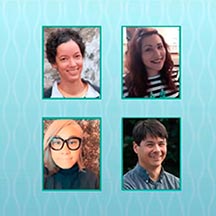 |
Rethinking Archaeological Pedagogies ~ Discussion with Gloria J. Wilson, Anna Agbe-Davies & Sven Haakanson. Chaired by Sara L. Gonzalez.
One hour discussion panel, bringing perspectives from Education and Black and Indigenous Studies into conversation with Archaeology. Panelists discussed the work they have done to decolonize the syllabus, rethink curricula and develop inclusive teaching strategies and considered how insights from Education may be brought into archaeological teaching, including lab and field based contexts.
|
|
|
 |
20 minute presentation on the intersections of decolonization, indigenization and anti-racism in higher education. This talk traces some of the ways in which faculty can re-imagine and restructure their courses to reveal and challenge normative systems of Whiteness, integrate alternative histories and ways of knowing, and foster critical self-reflection. |
|
|
|
 |
Glenda Chao ~ Towards Decolonizing Early China studies: Challenges and Benefits 25 minute presentation on rethinking introductory archaeology classes and using Early China as a case study. Also includes link to materials to develop a module around the site of Anyang. |
|
|
|
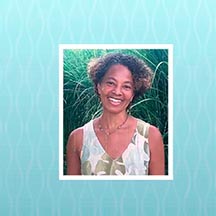 |
Solange Ashby ~ Respect Nubia
20 minute presentation on the importance of Ancient Nubia for the study of Egyptology, and how Ancient Nubia can be brought into introductory archaeology courses. This talk suggests decolonizing Egyptology by situating the culture of ancient Egypt in its African context. Organized around three simple themes: Know Nubia, Teach Nubia, Honor Nubia.
|
|
|
|
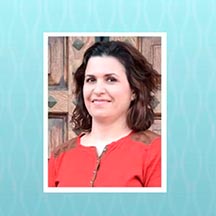 |
Salam Al Kuntar ~ Colonialism, Universalism and Heritage Preservation Studies 25 minute presentation on how colonialism has informed heritage and historic preservation studies. Also touches on issues such as repatriation, scholarly responses to heritage destruction and the current status of the field of archaeology in the Middle East. |
|
|
|
|
|
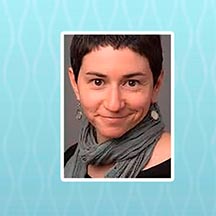 |
Maxine Oland ~ Teaching Archaeology with Inclusive Pedagogy 26 minute presentation. This talk discusses how to incorporate inclusive pedagogy frameworks into introductory archaeology courses. It outlines two strategies – Universal Design for Learning, and Teaching Across Cultural Strengths – to propose an inclusive model of education for archaeology. |
|
|
|
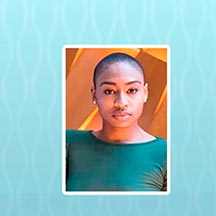 |
Sydney Pickens ~ Alumna Reflections on Columbia/Barnard Archaeology 28 minute presentation, In this talk, CU 2018 graduate Sydney Pickens reflects on her experiences studying at the Columbia Center for Archaeology and on her work with K-12 students as an archaeological educator. This talk considers and proposes play and embodied learning as Culturally Sustaining Pedagogies. |
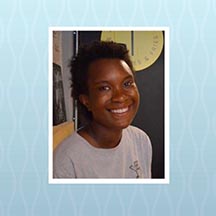 |
Nadhira Hill ~ Anti-racist Mentorship in Classical Archaeology 20 minute presentation on issues around mentorship in Classical Archaeology and archaeology more generally. Arguing against perpetuating a ‘hidden curriculum’ and vague and static notions of what the goals of graduate school should be, the presentation suggests that we need to confront the differing backgrounds, and diverse interests, goals, expertise, and experiences of students. |
|
|
|
 |
Stephen Sansom ~ Fragmenting the Chorus: Inclusivity, agency & active learning in Classics 20 minute presentation. This presentation starts with Aeschylus’ Agamemnon to make concrete suggestions for active strategies and assessments to improve belonging and student learning. |
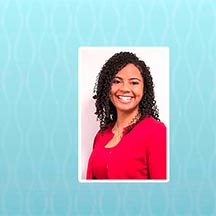 |
25 minute presentation which explores ways to build inclusive communities in archaeological field settings with particular attention to the importance of modeling team building. |
|
|
|
|
|
|
|
|
|
Syllabus resources – (pdf links below)
These syllabi were submitted by faculty in response to a request for archaeological syllabi that work to respond to calls for more inclusive classroom strategies and grading techniques; wider diversity in citations and recommended reading; and decolonizing and antiracist approaches to classroom subject matter and teaching techniques. They act as a starting point for what we hope will be a more extensive resource for teaching archaeology.
Submitting a syllabus:
If you would like to submit a syllabus for inclusion please send it to us as a Word document together with a couple of lines about how your syllabus addresses specific issues in archaeological pedagogy. All syllabi should be attributed to their faculty author/s and institutions, however, please remove any personal or identifying information for other participants (e.g. names of graduate student instructors or students) and remove the specific details of where and when the syllabus was taught (classroom, semester, date etc). We will add a recommended citation format to the top of each syllabus.
Topics – material culture and museums
Resources for graduate student instructors
Your own institution will probably have a dedicated pedagogical resource center. At Columbia we recommend Columbia University’s Center for Teaching and Learning. They have dedicated resources for graduate students including one-on-one support from CTL staff. They also run a wonderful podcast series Dead Ideas in Teaching and Learning.
If you have additional resources to include or suggestions to make please contact archaeology@columbia.edu
Classroom atmosphere and student and TA safety
Thoughtful consideration ahead of time about classroom dynamics can help create a more productive and inclusive classroom space. This involves coming up with strategies to cultivate a productive learning environment and to address any conflicts inside or outside the classroom. The document below outlines some strategies to help with this.
Classroom atmosphere and safety
Top tips for (archaeology) TAs
As a teaching assistant you have to work within the framework and expectations of the course convener. However you still have plenty of scope for building rapport with students and developing your own strategies and style of teaching. The document below offers some suggestions for those starting out on their teaching career on how to manage the different needs and expectations of students and course conveners while also maintaining time and space for yourself and so that you can manage your own needs and research demands within the context of teaching. The tips below are widely applicable for all graduate student instructors, regardless of whether they teach archaeology or not.
Top tips for (archaeology) TAs


